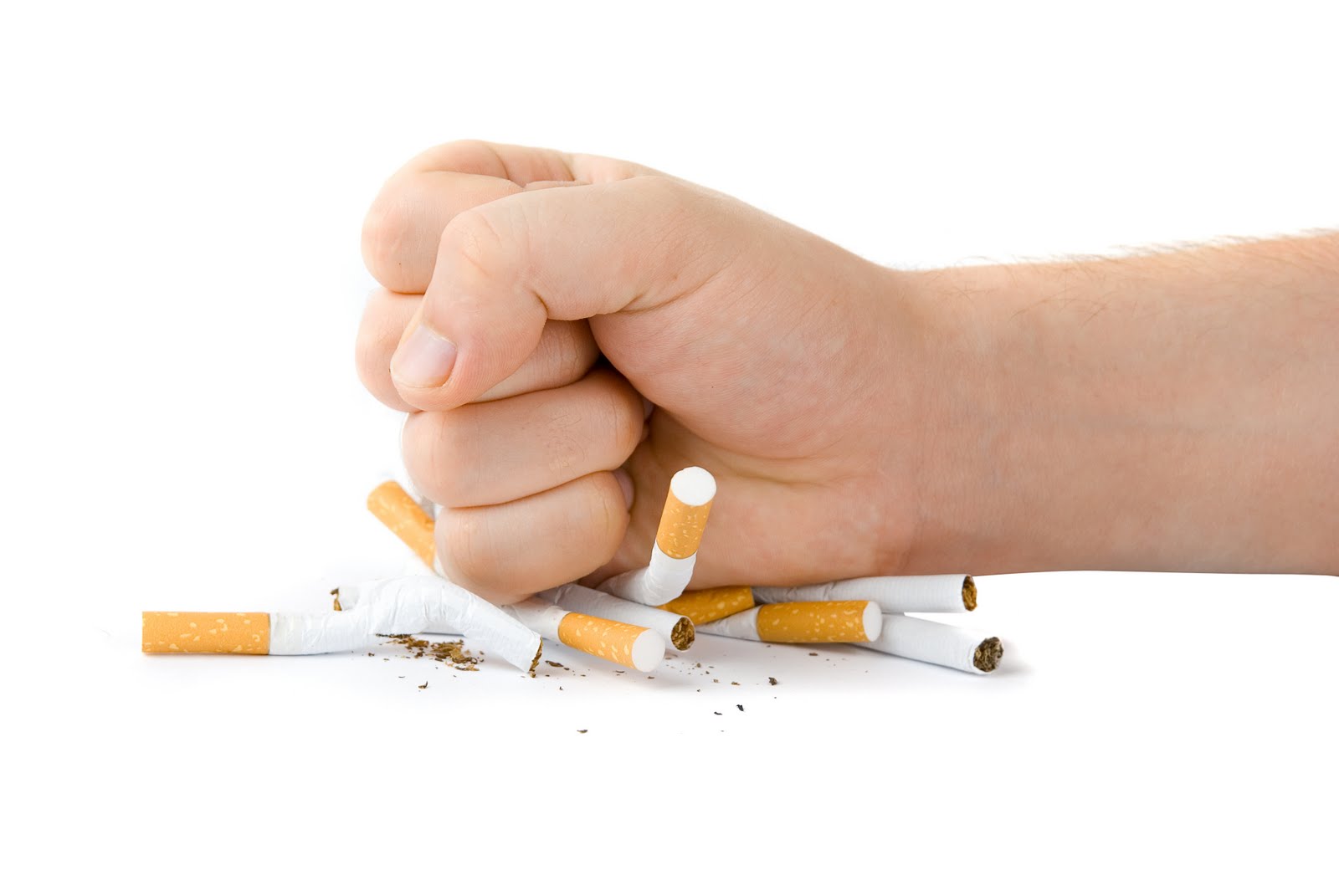New Zealand has introduced a steadily rising smoking age to stop those aged 14 and under from ever being able to legally buy cigarettes in world-first legislation to outlaw smoking for the next generation.
Associate health minister Ayesha Verrall said at the law’s passing on Tuesday, December 13, 2022: “Thousands of people will live longer, healthier lives and the health system will be $5 billion better off from not needing to treat the illnesses caused by smoking, such as numerous types of cancer, heart attacks, strokes, amputations.”
New Zealand is believed to be the first country in the world to implement the annually rising smoking age, ensuring tobacco cannot be sold to anyone born on or after 1 January 2009.
It will be accompanied by a slew of other measures to make smoking less affordable and accessible, including dramatically reducing the legal amount of nicotine in tobacco products and forcing them to be sold only through specialty tobacco stores, rather than corner stores and supermarkets.
The country has also increased funding for health services and campaigns, and rolled out quitting services specifically for Māori and Pacific communities.
The number of stores legally allowed to sell cigarettes will be reduced to a tenth of their existing levels – from 6,000 to just 600 nationwide. The laws passed their final reading on Tuesday evening, and will come into force in 2023, as New Zealand attempts to reach its goal of making the country “smoke-free” by 2025.
While introducing the law for its first reading in July, Verrall said: “For decades we have permitted tobacco companies to maintain their market share by making their deadly product more and more addictive. It is disgusting and it is bizarre. We have more regulations in this country on the safety of the sale of a sandwich than on a cigarette.
“We want to make sure young people never start smoking so we will make it an offence to sell or supply smoked tobacco products to new cohorts of youth. People aged 14 when the law comes into effect will never be able to legally purchase tobacco.”
“Smoking rates are plummeting,” she added. “Our goal of being smoke-free by 2025 is within reach.”
The new laws, however, will not restrict vape sales. Data indicates that at least some New Zealanders have swapped their nicotine habit from cigarettes to vapes.
Data released in November showed the number of people smoking daily had fallen to 8% – down from 9.4% last year – marking the lowest rates since records began.
The rise in daily vape users, however, was larger than the drop in daily smokers: 8.3% of adults are now vaping daily, up from 6.2% in the past year.
New Zealand’s Health Minister Resigns Following COVID-19 Blunders
New Zealand’s Health Minister has resigned, following a series of missteps during the COVID-19 pandemic.
David Clark called a surprise news conference on Thursday, July 2, 2020, announcing he had stepped down from the role.
Prime Minister Jacinda Ardern demoted Clark in April after he was twice caught breaching the country’s coronavirus lockdown rules.
He offered his resignation at the time; however, Ardern said it would cause too much disruption.
He also came under fire in recent weeks after concerns about mismanagement of quarantine and managed isolation facilities designed to stop the spread of COVID-19 into New Zealand.
Clark said it was an “absolute privilege” to serve as health minister and it was no secret the portfolio was challenging.
“I have given it my all but it has become increasingly clear to me that my continuation in the role is distracting from the government’s COVID-19 response.
“The team has to come first and New Zealand’s COVID-19 response is too important in my view,’’ he said. Ardern confirmed in a brief statement that she had accepted Clark’s resignation.
“It’s essential our health leadership has the confidence of the New Zealand public.
As David has said to me the needs of the team must come before him as an individual.
“Education minister Chris Hipkins would step in as health minister until September’s election,’’ Ardern said.
Source: The Guardian







